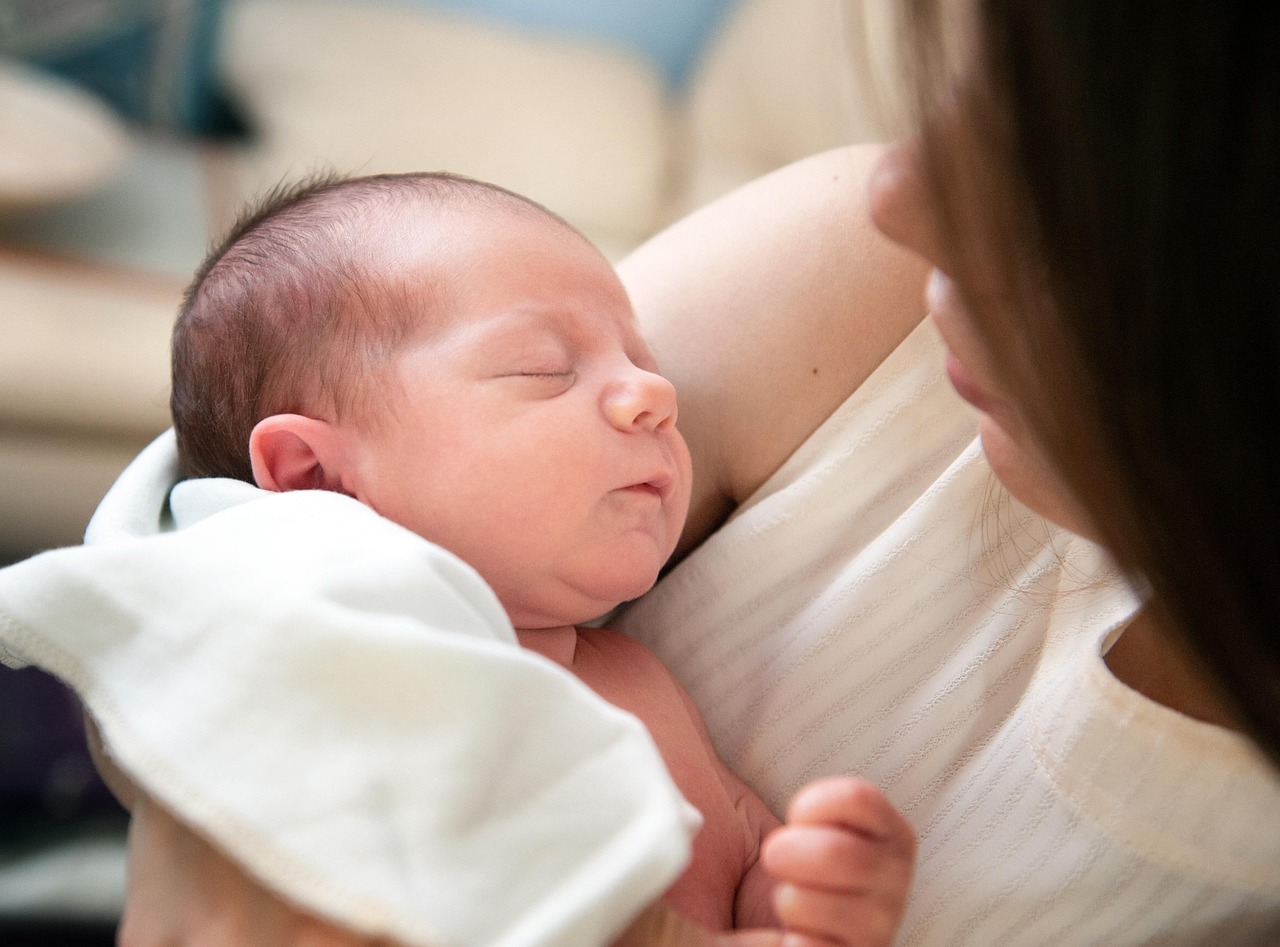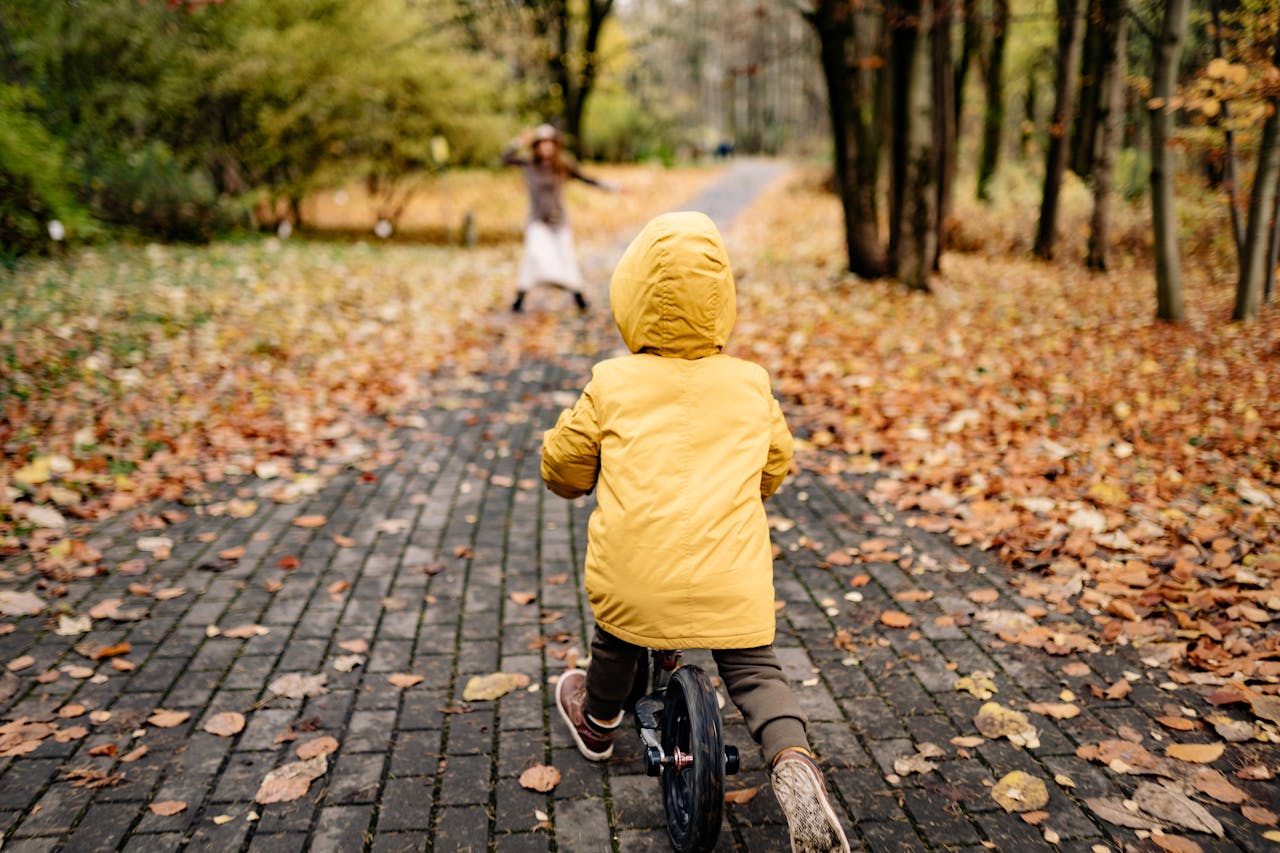Every Phuket parent who’s dragged themselves out of bed after a night of broken sleep knows: bedtime battles are no joke. Whether it’s your toddler wandering into your room at 3am, your preschooler begging for “just one more” cartoon, or your teen scrolling TikTok under the covers, sleep (or the lack of it) is a hot topic in every family home.
Sleep isn’t just about avoiding cranky mornings it’s as vital as nutrition and exercise. It’s the time when bodies repair, brains process the day, and those little emotional batteries get recharged.
And with the new school semester about to begin, whether that’s BISP, UWCT in Thalang, or a small Thai preschool in Rawai, now’s the perfect moment to set (or reset) some sleep ground rules. Once kids are back into routine, bedtimes naturally become more consistent, but it helps to know what’s ideal for each age group.
Recommended Sleep Durations
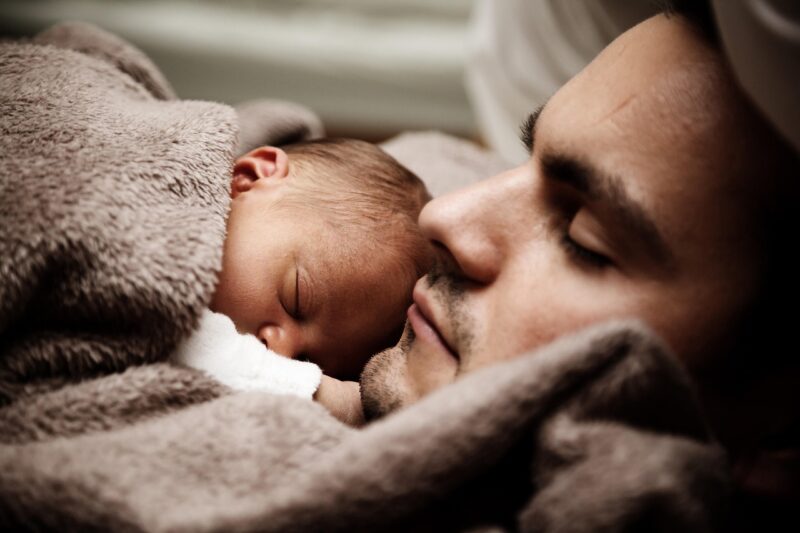
According to the National Sleep Foundation, here’s what children typically need:
- Infants (4–12 months): 12–16 hours in 24 hours (including naps)
- Toddlers (1–2 years): 11–14 hours per day
- Preschoolers (3–5 years): 10–13 hours per night
- School-age (6–12 years): 9–12 hours per night
- Teens (13–18 years): 8–10 hours per night (early teens closer to 10)
Some kids can function on less sleep, others need more so watch for signs like irritability, difficulty waking, or constant yawning.
Why It Matters
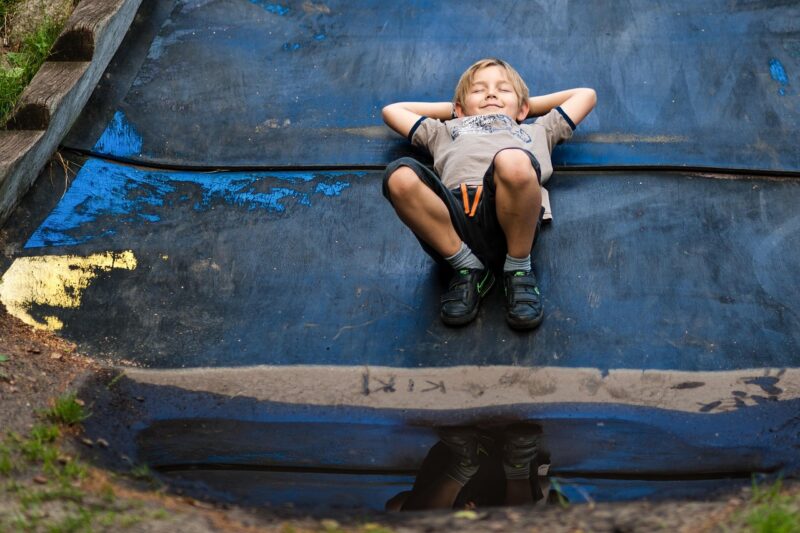
Lack of sleep affects far more than mood. Teachers in Thailand have reported that tired kids often struggle to concentrate, have more behavioural issues, and in some cases, even need to nap during lessons. A well-rested child is more alert, learns more effectively, and is less prone to illness.
Plus, growth hormone is released mainly during deep sleep so yes, when you wake up saying, “You’ve grown overnight!”… you’re probably right.
A Good Sleep Routine (Phuket Style)
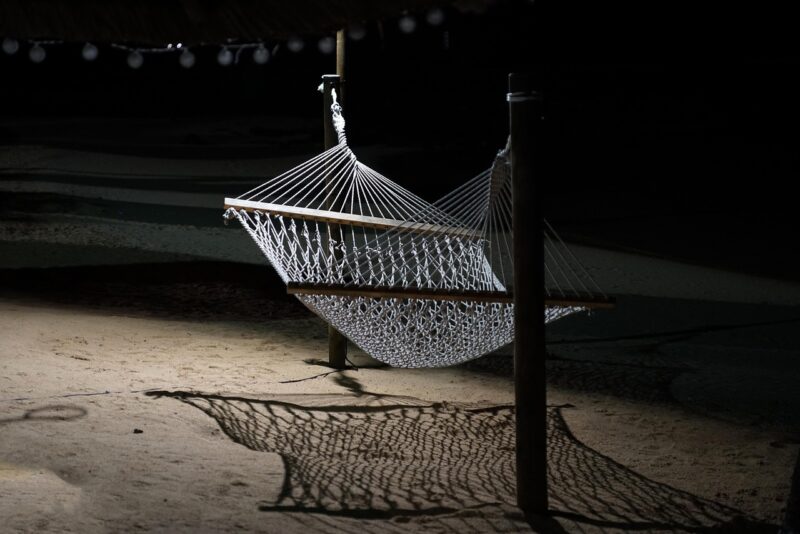
- Set a consistent bedtime & wake-up time, yes, even on weekends.
- Simplify evenings: bath/shower, teeth, story or quiet chat, lights out.
- Avoid screens for at least an hour before bed, swap TV for colouring, reading, or a calm activity.
- Keep the bedroom cool & quiet, a fan or aircon is worth it in Phuket’s climate for comfortable sleep.
- Watch the sugar, no chocolate milk or sweet snacks right before bed.
Signs of Healthy Sleep (and When It’s a Struggle)
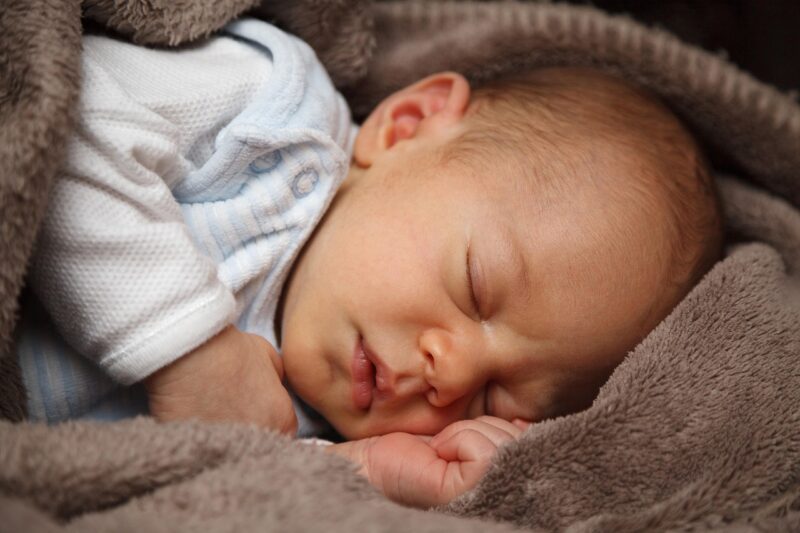
A well-rested child should fall asleep within 10–15 minutes of going to bed, wake up alert and ready for the day, and not need extra naps (except for younger kids who still require them). They should also be able to settle themselves back to sleep without you becoming “the pillow.”
If your child regularly struggles with night terrors, frequent waking, or snoring that could indicate sleep apnea, it’s worth seeking professional advice. In Phuket, paediatric specialists at Bangkok Hospital Siriroj or Mission Hospital can help with assessment. If allergies are a factor a common concern in humid climates reduce triggers by using dust-mite-proof bedding, washing sheets weekly in hot water, and running a dehumidifier if their room feels damp.
The Benefits of Good Sleep

- Better concentration at school
- Improved emotional regulation
- Reduced risk of obesity and diabetes
- Fewer colds and illnesses
- Healthy growth and development
Final thought for tired parents: You’re not alone. Even the most organised mum or dad has had those mornings when you’re pouring coffee while your child is still half-asleep in their uniform. But with consistent routines and realistic expectations, better nights (and better mornings) are within reach.
Sweet dreams, Phuket families.



